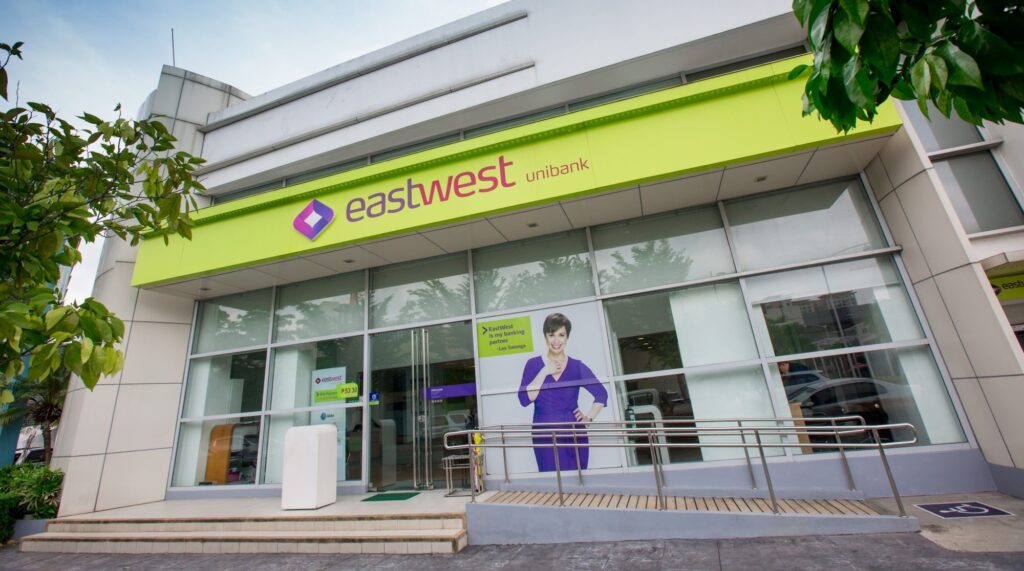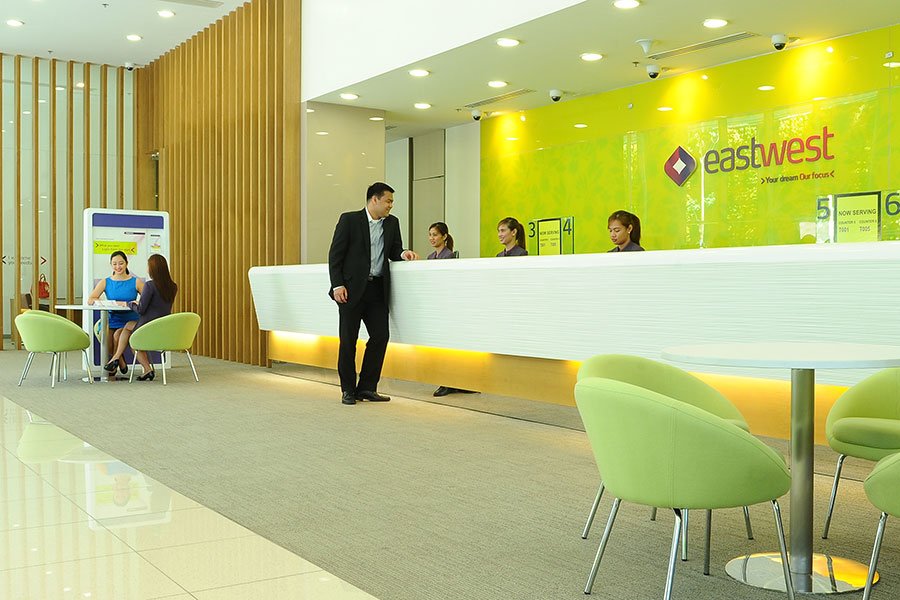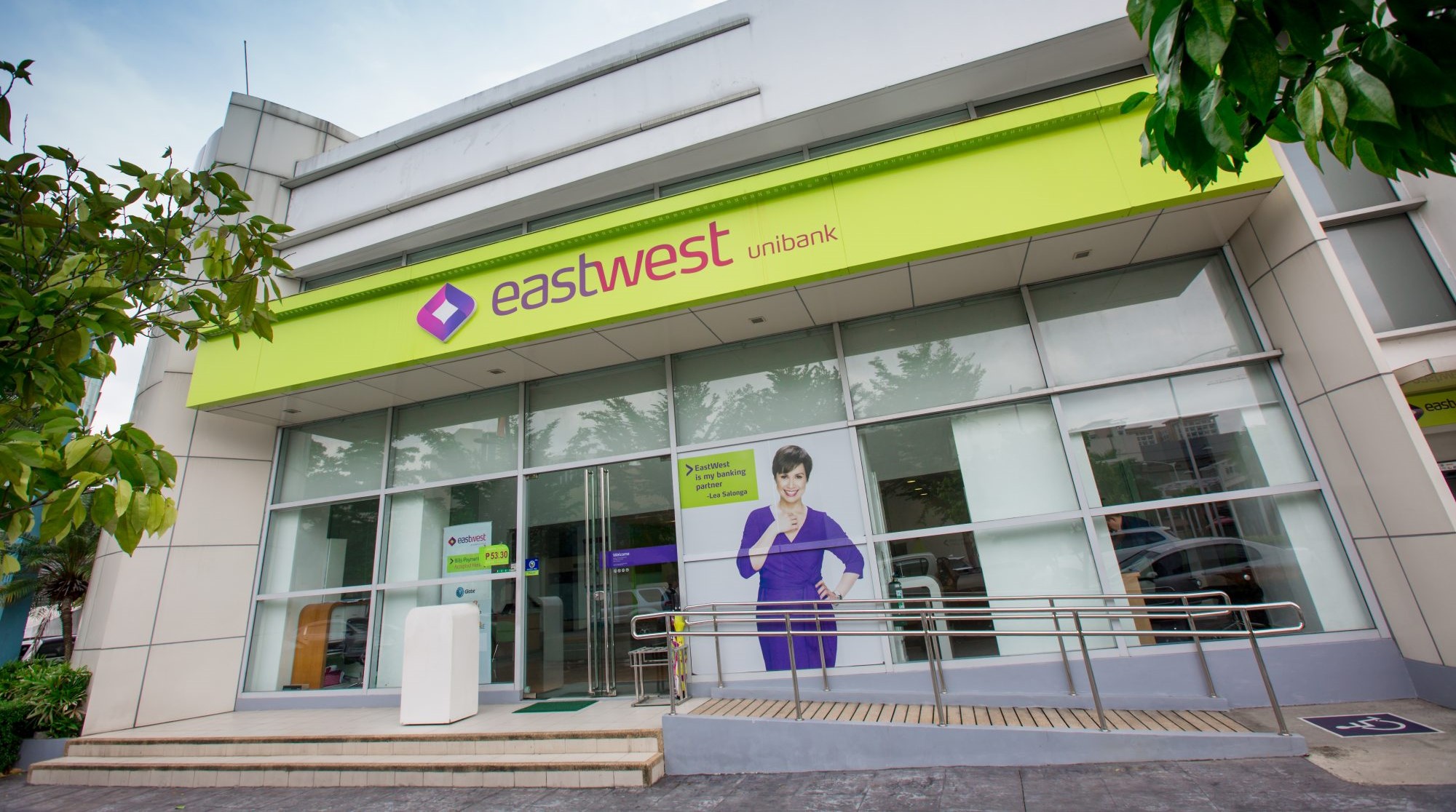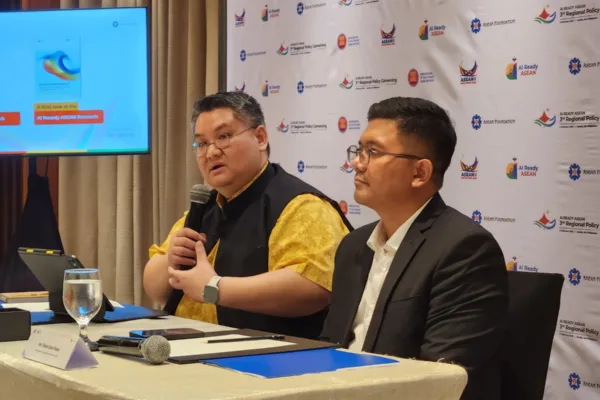EastWest Bank (EW) has reported a net income of PHP3.5 billion (approximately $62.12 million) for the first half of 2024, marking a notable 24% increase in net revenue compared to the same period in 2023.

This remarkable growth, driven by the expansion of deposits and loans, underscores the resilience and strength of the Philippine banking sector, which continues to play a pivotal role in the country’s economic recovery. The performance of EastWest Bank reflects broader trends reported by the Bangko Sentral ng Pilipinas (BSP) in its recent analyses of the banking industry’s impact on the national economy.
EastWest Bank’s performance a boost to banking sector, PH economic growth
According to BSP, the banking sector has been instrumental in driving the Philippines’ economic growth, especially in the post-pandemic landscape. In 2023, the BSP has predicted that Filipinos can look forward to a stronger economy, citing gains in their banking sector reforms.
In a speech delivered during the celebration of the BSP’s 30th anniversary, BSP Governor Eli Remolona Jr. thanked the banking community for being a strong source of support for the country’s growing economy, even as he encouraged the banks to continue working with the BSP and its programs aimed at building a future-ready Philippines that is digital, sustainable, and inclusive.
EastWest Bank’s performance is a testament to this trend, with its total loans and receivables growing by 15% to PHP314.1 billion ($5.57 billion) and deposits rising by 11% to PHP371.4 billion ($6.59 billion). These metrics reflect a robust demand for credit and savings products, which are crucial in supporting the country’s businesses and consumers as they navigate economic uncertainties.
The expansion of loans, particularly in the consumer sector, played a significant role in EastWest Bank’s performance. Consumer lending, which grew by 22%, now accounts for 82% of the bank’s total loan portfolio. This growth in lending has contributed to a stronger net interest margin (NIM) for the bank, which reached 8.1%.
In the context of the BSP’s focus on increasing access to credit for households and small businesses, EastWest Bank’s results align with national efforts to provide more financing options to fuel domestic consumption and investment.
Aligning with the BSP’s vision for financial inclusion
BSP has emphasized the importance of financial inclusion, aiming to bring more Filipinos into the formal financial system. As part of this broader effort, banks like EastWest are crucial players in expanding access to financial services.
The bank’s growth in consumer loans highlights its role in providing more Filipinos with opportunities to access credit, purchase homes, and invest in other significant expenditures that contribute to economic development.
The Philippine government, in partnership with BSP, has also been pushing for digitalization in banking services to promote financial inclusion. In this context, EastWest Bank’s growth, especially in the consumer segment, is a positive indicator of how financial institutions can drive digital transformation, offering easier access to loans, credit, and savings products through online platforms.
This digital push is expected to further enhance the banking sector’s ability to contribute to the national economy.
The role of deposit growth in supporting the economy

IMAGE CREDIT: https://www.corptech.it/east-west-banking-corporation
Deposits in EastWest Bank grew by 11% year-on-year to PHP371.4 billion ($6.59 billion), a trend consistent with the overall growth in deposits across the Philippine banking sector. Increased deposits are vital for ensuring liquidity and capital adequacy, which in turn support further lending activities.
As the BSP has consistently reported, the continued growth in bank deposits reflects greater confidence in the banking system, with individuals and businesses trusting banks to safeguard their assets during uncertain times.
This rise in deposits also speaks to the broader stability of the Philippine banking sector. BSP has maintained stringent regulatory standards to ensure that banks remain well-capitalized and can meet any potential financial challenges.
EastWest Bank’s capital adequacy ratio (CAR) of 13.1% and common equity tier 1 (CET1) ratio of 12.3% are well above regulatory requirements, ensuring that the bank is positioned for sustainable growth while maintaining a buffer against financial risks.
Challenges and opportunities ahead
While EastWest Bank’s performance is impressive, it also faces challenges, particularly in managing rising operational costs. The bank’s operating expenses increased by 22% to PHP11.6 billion ($205.89 million), driven by manpower and business-related costs.
However, with a cost-to-income ratio of 57%, the bank remains efficient in balancing its revenue growth with its expenditures. This balance is crucial as the Philippine banking industry continues to evolve in a competitive environment.
Despite these challenges, EastWest Bank’s growth story is a microcosm of the larger narrative surrounding the Philippine banking sector. The BSP’s efforts to maintain financial stability and promote access to credit have created an environment in which banks can thrive while contributing to national economic recovery.
EastWest Bank’s expanding asset base, increasing consumer loans, and growing deposit pool all highlight how the banking industry is helping the Philippine economy navigate the post-pandemic landscape.
In the end, EastWest Bank’s robust financial performance in the first half of 2024 only helps to underscore the essential role that the Philippine banking sector plays in driving economic growth.
With the continued support of BSP’s policies promoting financial inclusion, digitalization, and financial stability, banks like EastWest are well-positioned to help the Philippines achieve sustainable economic recovery and growth in the years ahead. As more Filipinos gain access to financial services, the banking sector’s contribution to the country’s overall economic development will only become more significant.








